Toxic Free Schools
STATUS UPDATE
Beyond Toxics is sad to announce the shocking news that SB 426, the Toxic Free Schools bill failed to advance past the Joint Ways and Means Committee. We remain baffled by the failure of legislators to pass this bill! Toxic Free Schools had met every criteria to be a top priority for passage. We thank you for all of the outstanding and compelling oral and written testimonies at all public hearings this session! You all spoke so passionately and inspired many Oregon legislators to ramp up their efforts to protect children's health!
----------------------------------------
The Toxic Free Schools bill (SB 426) is part of a three bill suite of environmental health bills to protect children's health from exposure to toxic chemicals. This proposed legislation will protect children's health by improving transparency around pesticide use in Oregon schools. Toxic Free Schools legislation will provide resources to the Department of Education to support school districts in updating and implementing Integrated Pest Management (IPM) plans and improve transparency under the 2017 Healthy and Safe Schools Act. The goal is to prevent children's exposures to pesticides on playgrounds, cafeterias, learning spaces and sports fields.
Chief Sponsors: Senators Dembrow and Patterson, Representative Hudson, Senator Manning Jr, Representatives Neron, Nosse, Reynolds
Regular Sponsors: Senators Campos, Taylor
Toxic Free Schools legislation prioritizes environmental health and toxic free learning environments!
The Toxic Free Schools Act (SB 426) will . . .
The Toxic Free Schools Act (SB 426A) was chosen as a 2023 priority by top Oregon environmental and environmental justice organizations
CHILDREN'S HEALTH
How does the Toxic Free Schools bill protect children's health?
Children are at higher risk for health effects from exposure to pesticides than adults because their internal organs are still developing and maturing. This bill will help reduce children's exposure at school.
What's the big take-away from Toxic Free Schools legislation?
The Toxic Free Schools Act will give Department of Education resources to support the effort by school districts to adopt a "prevention-first" method of pest control practices. This will help to prevent children's exposures to pesticides on athletic fields, playgrounds, cafeterias and learning spaces.
SAFE SCHOOLS
What is the problem?
Oregon school districts and regulatory agencies currently lack coordination and resources to implement safer pesticide use practices. As a result, unintentional, yet illegal pesticide uses are occurring at Oregon schools.
Who is impacted?
Currently, school children, faculty, and staff may be harmed from regular exposure to pesticides in schools.
How will Toxic Free Schools help?
Toxic Free Schools will modernize outdated policies and support coordination between Department of Education, school districts and facility managers to implement effective and safest pest management methods.
ENVIRONMENTAL JUSTICE & EQUITY
An environmental justice concern
People in historically disadvantaged communities already bear the brunt of increased exposures to harmful chemicals. Students who attend schools in these neighborhoods are routinely exposed to air, water and soil toxins and may have more underlying health conditions than students in higher income areas
Does the Toxic Free Schools bill address equity?
Not all schools have resources to implement their IPM plans. This bill will help direct technology resources and training to schools serving low-income communities first.
How will Toxic Free Schools legislation help?
This bill helps eliminate equity barriers by improving transparency around pesticides on school grounds.
COMMON QUESTIONS
How will the Toxic Free Schools bill improve IPM in schools?
Department of Education has never been funded to implement IPM in schools. The Toxic Free Schools bill will give the department resources under the Healthy and Safe Schools Act.
Who will coordinate the new policy?
A Stakeholder Advisory Committee will build new coordination between school districts and public health and pest management experts.
How will Toxic Free Schools legislation enhance learning environments for children?
This bill, combined with other public health protocols, can help support children’s healthy development by reducing exposures to toxic pesticides.
News and Resources
Toxic Free Schools (SB426) - Summary (PDF)
Read the Toxic Free Schools bill (SB 426)
Special thanks to the endorsers of Toxic Free Schools - SB 426




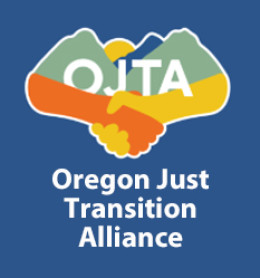



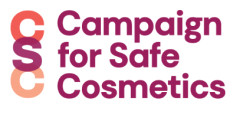


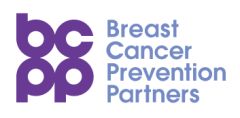

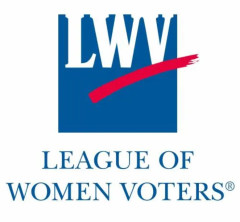
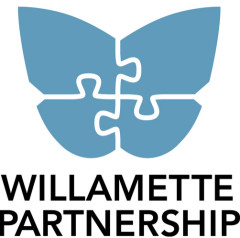






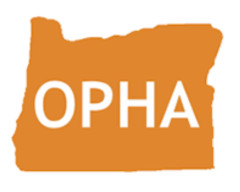

ALSO: Read our 2023 Legislative Agenda page to learn more about the bills we are supporting and how you can take action to help us advocate for their passage!






